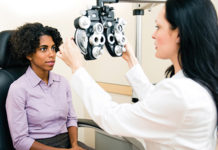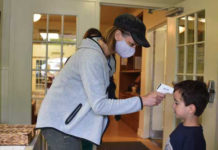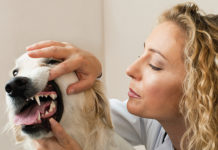
In the age of the internet, our ability to access information is easier than ever. And with the COVID-19 virus monopolizing conversation and increasing anxiety, we need reliable facts and advice to feel safe. The problem is that with a few simple clicks, we can fall into a wormhole of panic-inducing headlines, half-baked truths, and misconstrued data.
Let’s break down the basics with established facts about COVID-19, thanks to official sources of information, and point out what’s simply myth or misinterpretation.
FACT: COVID-19 IS a viral infectious disease that originated in Wuhan, China in December 2019. As of mid-March 2020, there have been well over 175,000 cases involving COVID-19 and over 7,000 deaths.
COVID-19 is NOT a disease that is guaranteed to be fatal. Only a small percentage of individuals have succumbed to the disease, with most victims being elderly and having an already weak immune system.
FACT: COVID-19 CAN be spread when someone who has the illness coughs, sneezes, or exhales, emitting small droplets from their nose or mouth. These can then land on surfaces and spread when someone else touches the surface and then their eyes, nose, or mouth.
You can NOT contract COVID-19 through foreign products, pets, or swimming pools. It’s spread through human-to-human contact.
 FACT: The best way to protect yourself is by washing your hands regularly, maintaining a safe distance from others (at least 2 metres, or about 6 feet), and not touching your face. It’s also important to keep your immune system healthy by maintaining a healthy diet, exercising regularly, sleeping well, practising mindfulness to calm stress, and supplementing when necessary.
FACT: The best way to protect yourself is by washing your hands regularly, maintaining a safe distance from others (at least 2 metres, or about 6 feet), and not touching your face. It’s also important to keep your immune system healthy by maintaining a healthy diet, exercising regularly, sleeping well, practising mindfulness to calm stress, and supplementing when necessary.
You can NOT protect yourself from the virus by spraying chemicals on your body, taking hot or cold baths, or taking antibiotics. Face masks are also not the best protection against the disease as droplets can penetrate an ill-fitted or nonmedical-grade mask; although if you are sick, a surgical mask can reduce the spread of droplets into the air when you cough or sneeze.
Be sure to check everything you read so you know whatever information you collect is factual. Official websites such as World Health Organization, Health Canada, the US Centers for Disease Control and Prevention, and your local health authorities are your best bets for learning supported facts.






























